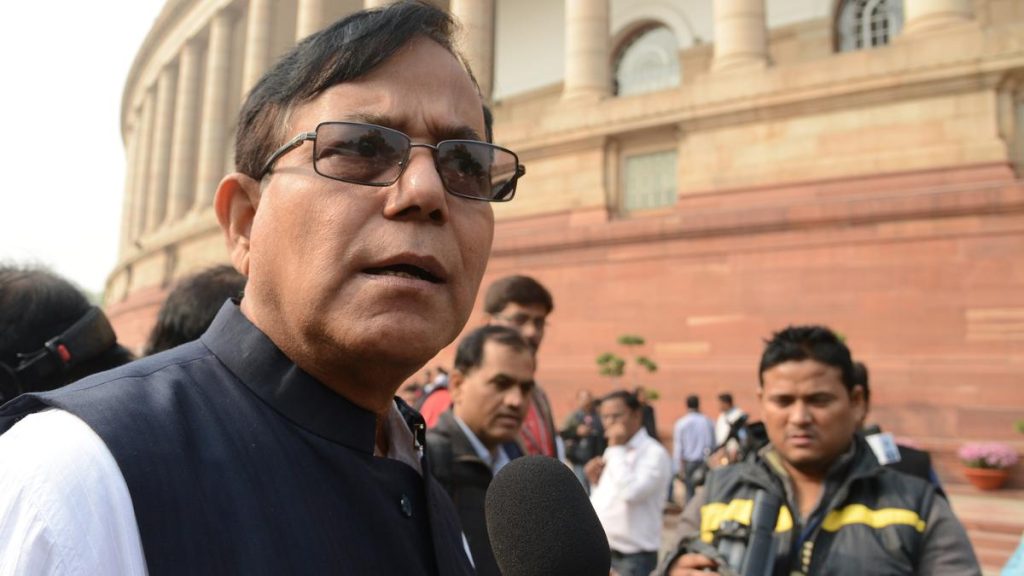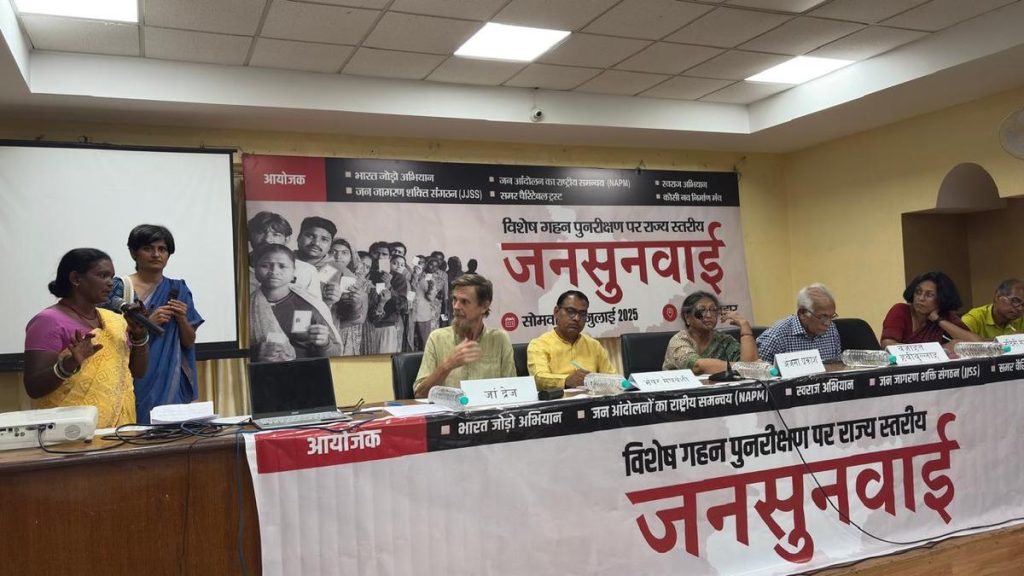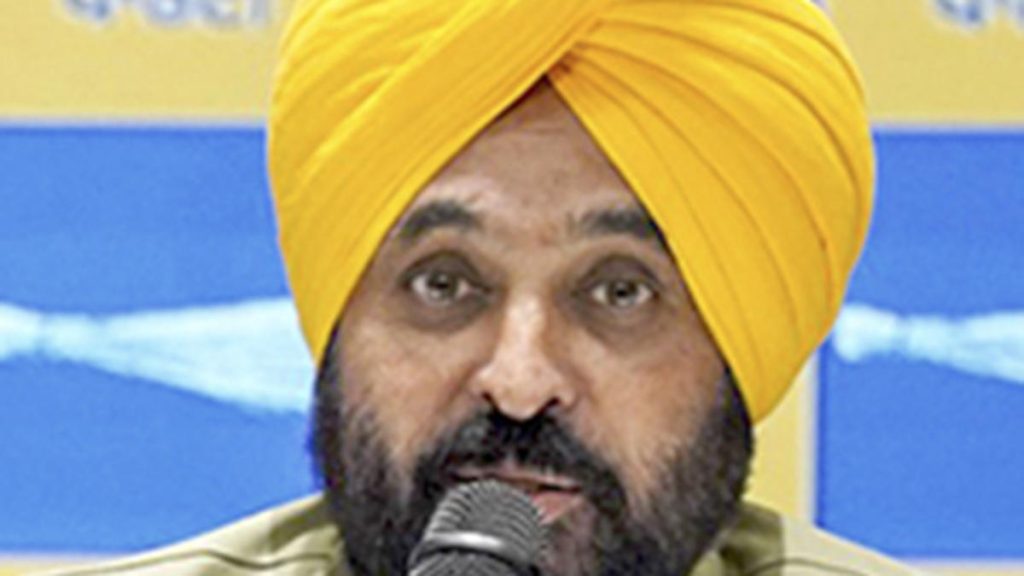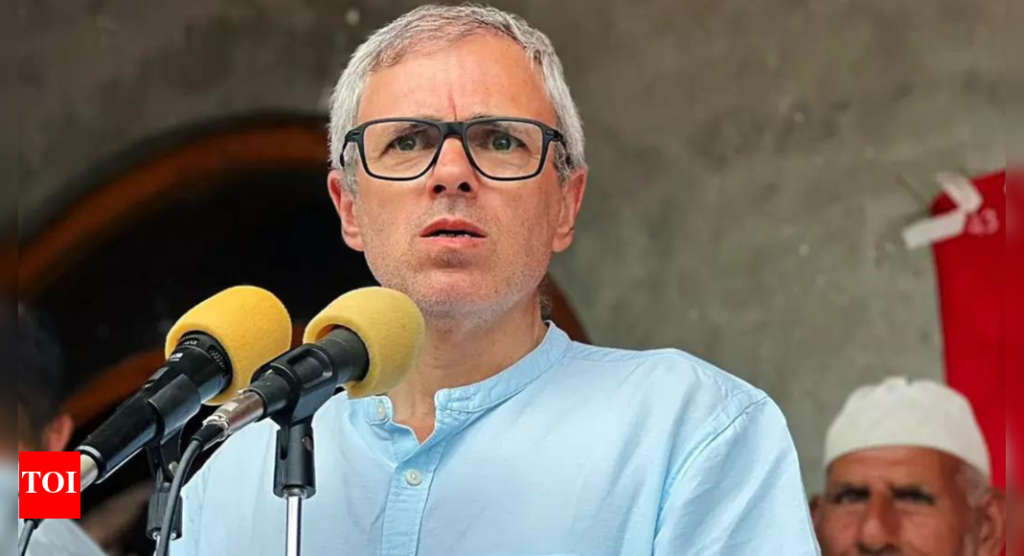Now Reading: सर्ज प्राइसिंग पर मनमाना किराया वसूला, कोर्ट ने लगाई रोक
-
01
सर्ज प्राइसिंग पर मनमाना किराया वसूला, कोर्ट ने लगाई रोक
सर्ज प्राइसिंग पर मनमाना किराया वसूला, कोर्ट ने लगाई रोक
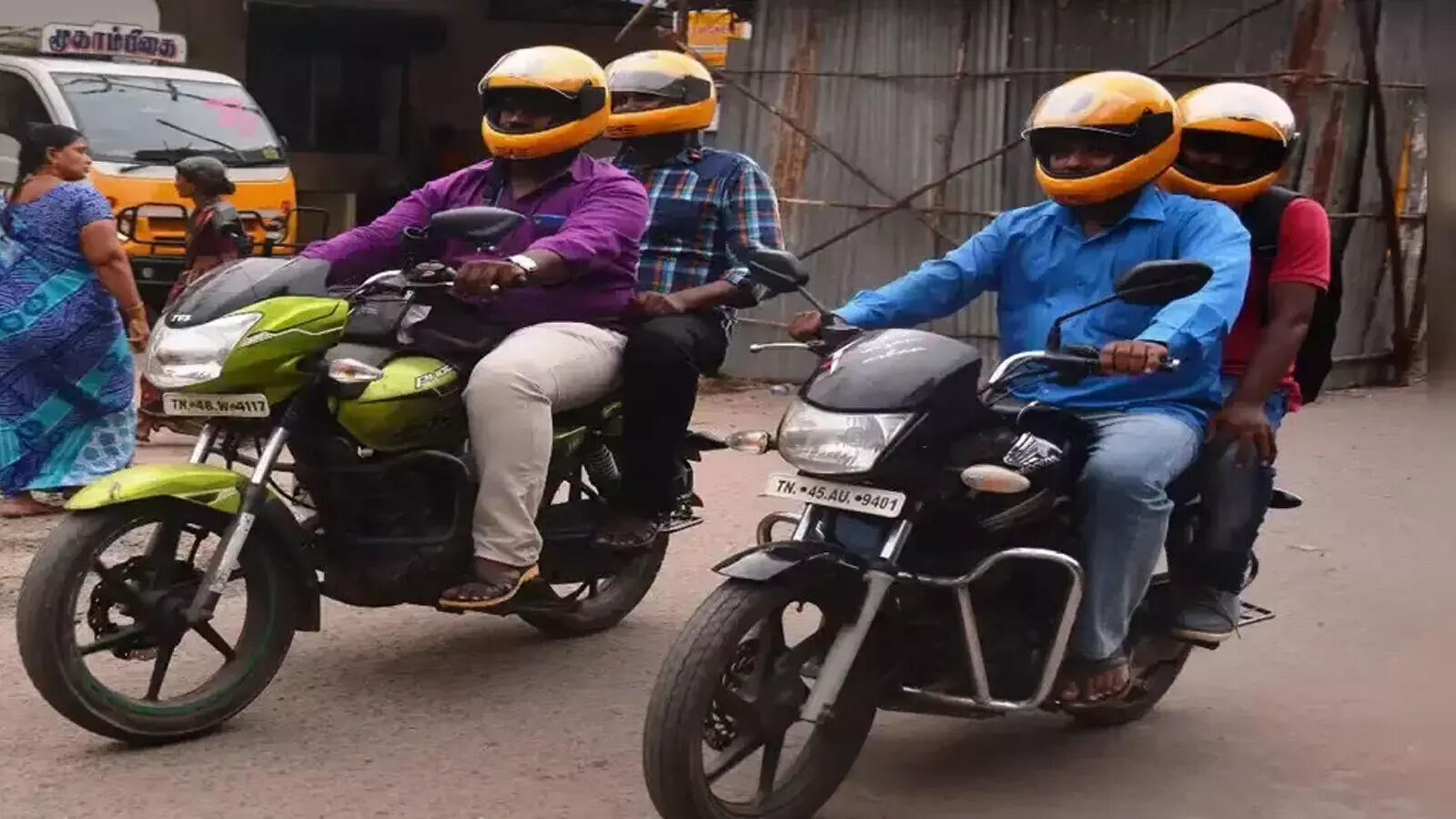
Speedy Summary
- Issue at Hand: Complaints against app-based bike taxi services in Hyderabad over unfair fare practices, including surge pricing and inconsistent algorithm-based charges.
- Legal Case: A 27-year-old commuter, K. Rajesh,filed a complaint with the District Consumer Disputes Redressal Commission-III over discrepancies in fare for different distances.
– For a 2.14 km ride on June 20, Rajesh was charged ₹32.
– However, on July 4, he was charged ₹32 again for only a distance of 300 meters.
- Commission Ruling: The company’s fare policy was deemed an “unfair trade practice” under Section 2(47) of the Consumer Protection Act, 2019. Consistency in pricing without proper description violated consumer trust.
- Judgment Outcome:
– compensation of ₹5,000 for mental distress and inconvenience awarded to Rajesh.
– An additional reimbursement of ₹2,000 as legal expenses directed by the commission.
– Advisory issued to the company to revamp its fare calculation clarity.
Indian Opinion Analysis
This case highlights growing concerns regarding opaque pricing policies employed by app-based ride aggregators across urban India. Transparency issues such as inconsistent fares undermine consumer trust and perhaps infringe upon their rights under established trade laws like the Consumer Protection Act.
The judgment emphasizes legal accountability when companies fail to justify price differences linked to algorithmic or surge pricing models effectively. As technology increasingly mediates daily transportation decisions in cities like Hyderabad and elsewhere in India-it becomes essential that businesses prioritize ethical practices not just for compliance but also to augment public confidence.Furthermore, this ruling sends a clear signal encouraging consumers across India to challenge perceived unfairness through available legal forums while pushing companies toward greater operational transparency that could reshape citizen-business dynamics moving forward.


